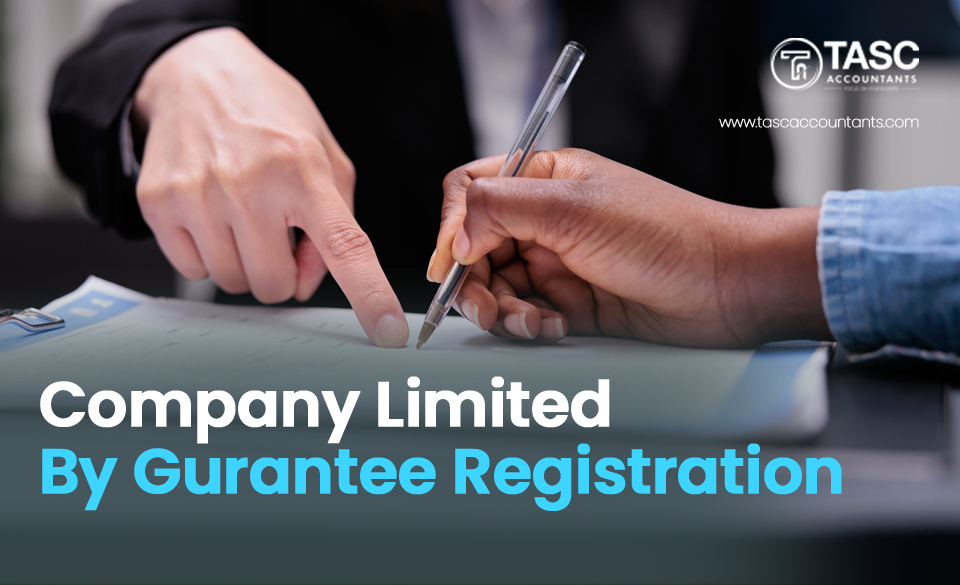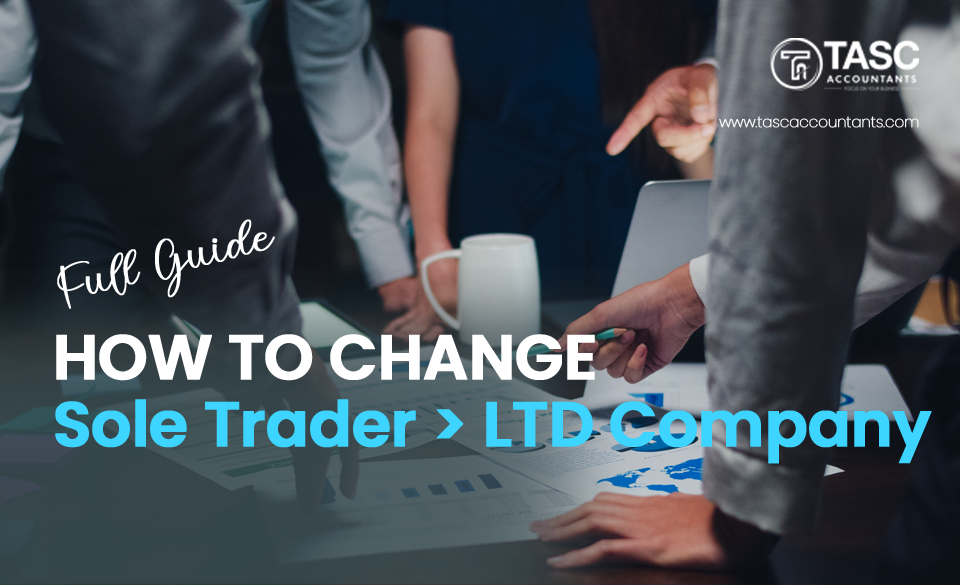This guide breaks down the key steps you need to take to set up your homemade food business...
Set up a Company Limited by Guarantee Get a detailed guide on its benefits, registration steps, and...
Check out the upcoming e-invoicing and VAT rules of EU, why they matter to Irish SMEs, and the...


 Digital-only invoices: No more paper or PDF invoices. Businesses must use structured e-invoicing formats (such as XML or PEPPOL) that accounting software can read directly.
Digital-only invoices: No more paper or PDF invoices. Businesses must use structured e-invoicing formats (such as XML or PEPPOL) that accounting software can read directly. Pro Tip: Businesses that modernise early often find they not only stay compliant but also save significant time and resources.
Pro Tip: Businesses that modernise early often find they not only stay compliant but also save significant time and resources.

